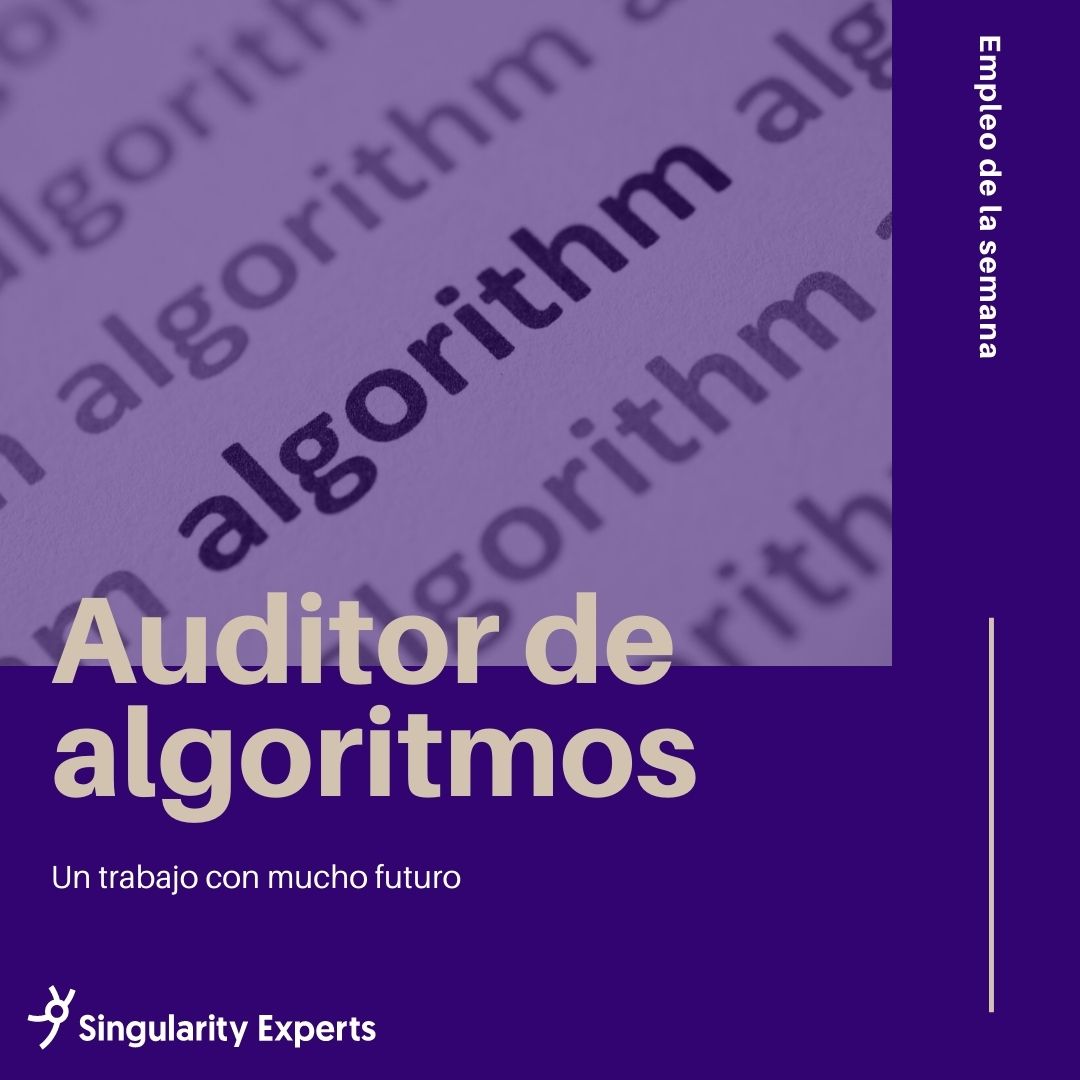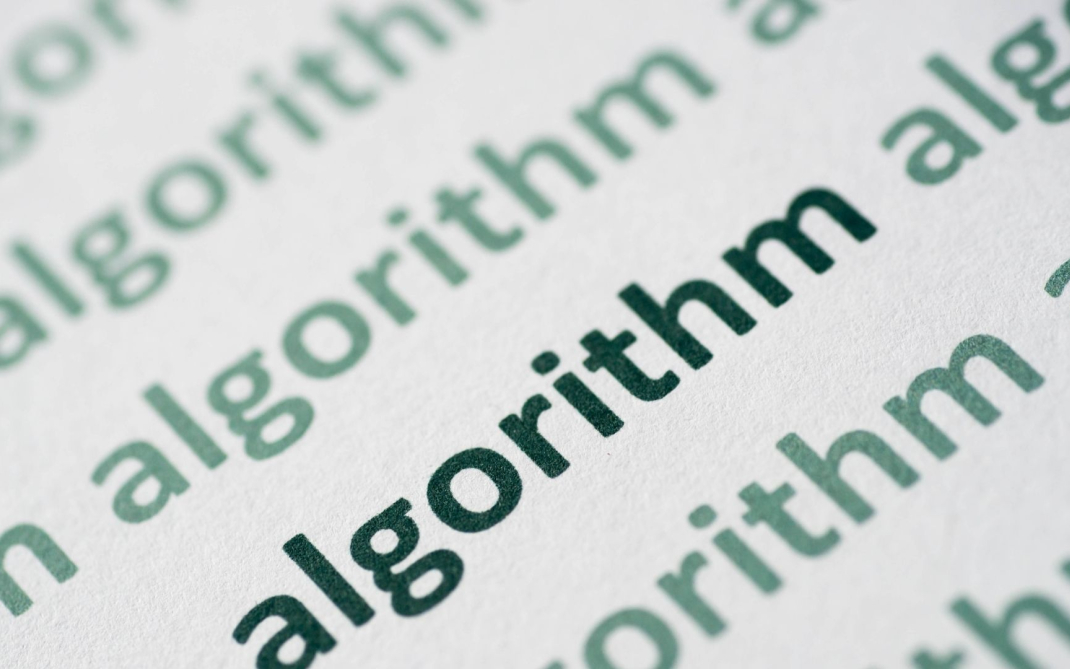What is an algorithm?
An algorithm is an ordered and finite set of operations that must be followed to solve a problem. Nowadays, most of the applications and systems we use are composed of algorithms. These determine everything from which songs or movies you'll like, based on your history, to whether the bank should inspect your account, based on suspicious movements. Government agencies use algorithms to make multiple decisions, but biases based on gender, class, and race have been found within these processes. In addition, there are also examples of algorithms that are so complex that their developers are unsure of the reasons behind the results and recommendations. These algorithmic challenges, along with data privacy issues, have created the need for the role of Algorithm Auditor, a very interesting option for those who don't know what to study or work in.

What does an Algorithm Auditor do?
An Algorithm Auditor is the professional in charge of ensuring that the algorithms created by companies or governments do not contain biases capable of causing harm or detriment to certain groups of people. Algorithm auditors have knowledge of ethics, along with a practical understanding of how current algorithms can affect people's daily lives. They work with data science teams and external providers to review algorithms, ensuring they are transparent, fair, and explainable. The algorithm auditor will conduct periodic reviews to determine the fairness of an algorithm after it has been published. Additionally, they will provide recommendations to developers on how to make the model more ethical and understandable for the population.
Why do we know that this job has a future?
Machine learning deals with exploring the construction and study of algorithms and making predictions based on data. This technology is expected to surpass $8.8 billion in 2022, with an annual growth rate exceeding 44%. A study conducted by the National Institute of Standards and Technology (NIST), an agency belonging to the U.S. government, analyzed nearly two hundred facial recognition algorithms and found that almost all of the algorithms analyzed obviously discriminate against people of color. Recently, Microsoft created a Twitter bot named Tay, which in less than 24 hours went from having friendly interactions to making Nazi apologies, and had to be immediately shut down. Even if the algorithms are well programmed, the demand for specialists responsible for ensuring that the correct and unbiased data has been used continues to increase so that this technology can progress in the right direction.
Still don't know what to work in or study?
Enter the only platform for professional-vocational orientation that guides you towards future-proof jobs and find yours. Thousands of students have already gone through Singularity Experts to discover what to study or work in!
Welcome to your future.
